DA-37 - GIS&T and Epidemiology
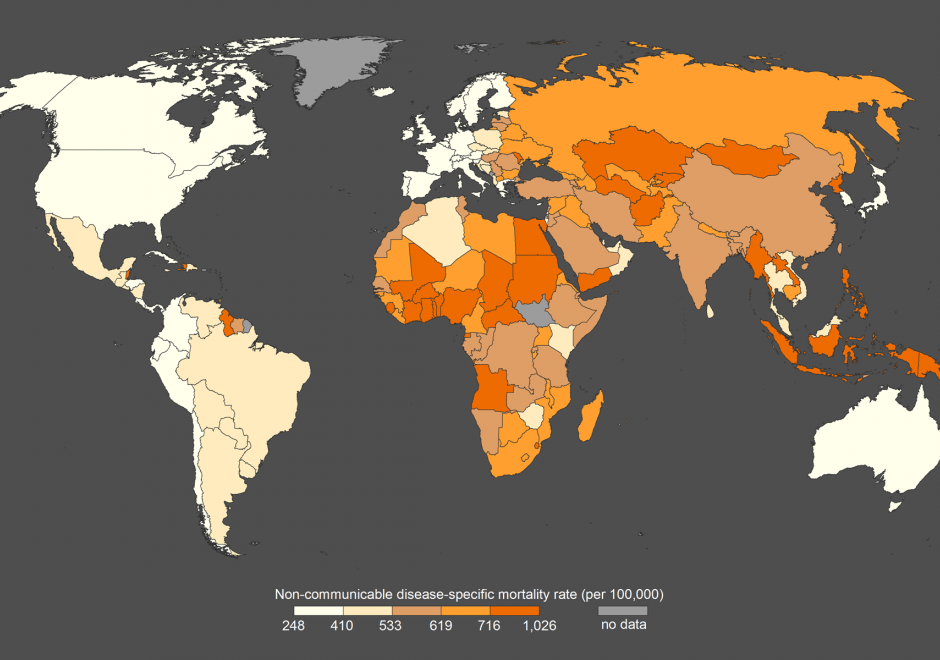
Location plays an important role in human health. Where we live, work, and spend our time is associated with different exposures, which may influence the risk of developing disease. GIS has been used to answer key research questions in epidemiology, which is the study of the distribution and determinants of disease. These research questions include describing and visualizing spatial patterns of disease and risk factors, exposure modeling of geographically varying environmental variables, and linking georeferenced information to conduct studies testing hypotheses regarding exposure-disease associations. GIS has been particularly instrumental in environmental epidemiology, which focuses on the physical, chemical, biological, social, and economic factors affecting health. Advances in personal exposure monitoring, exposome research, and artificial intelligence are revolutionizing the way GIS can be integrated with epidemiology to study how the environment may impact human health.

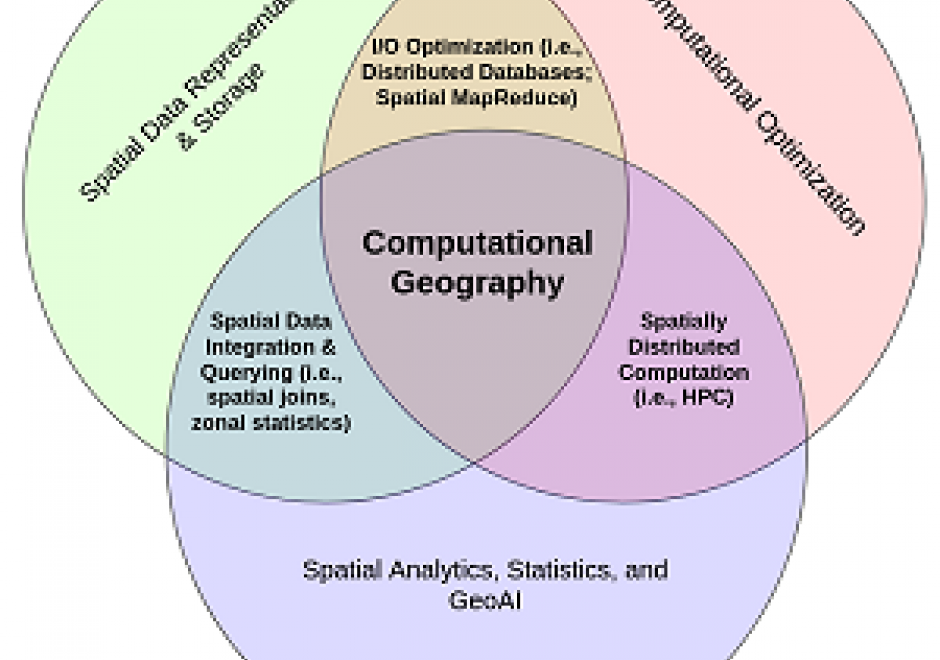



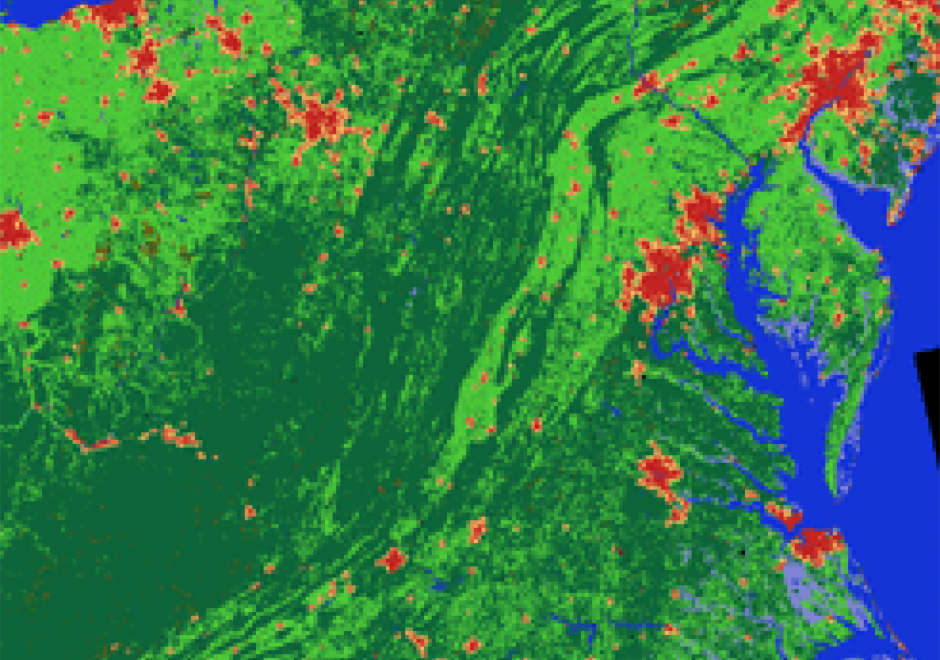
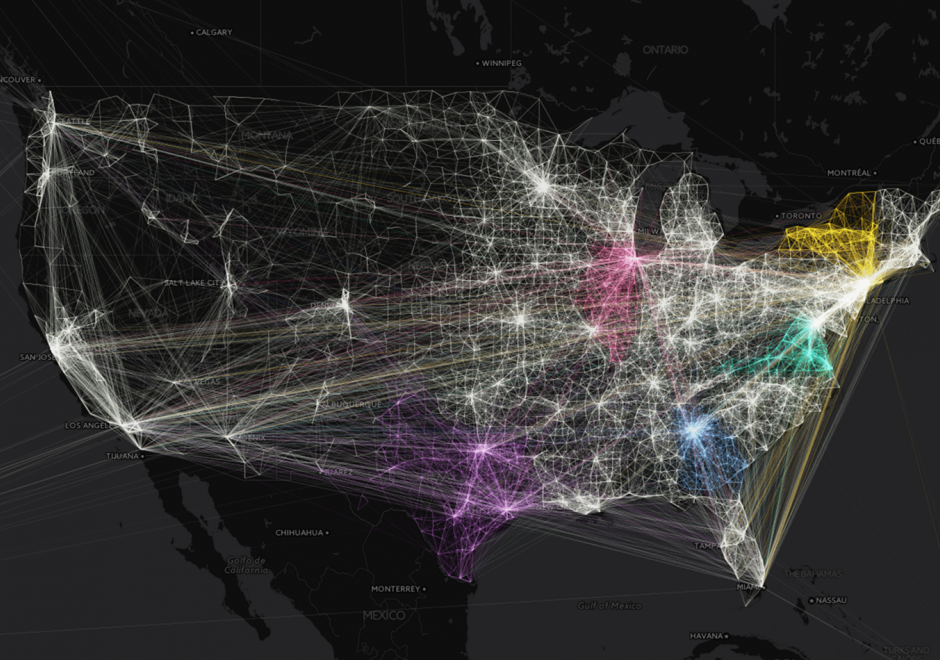
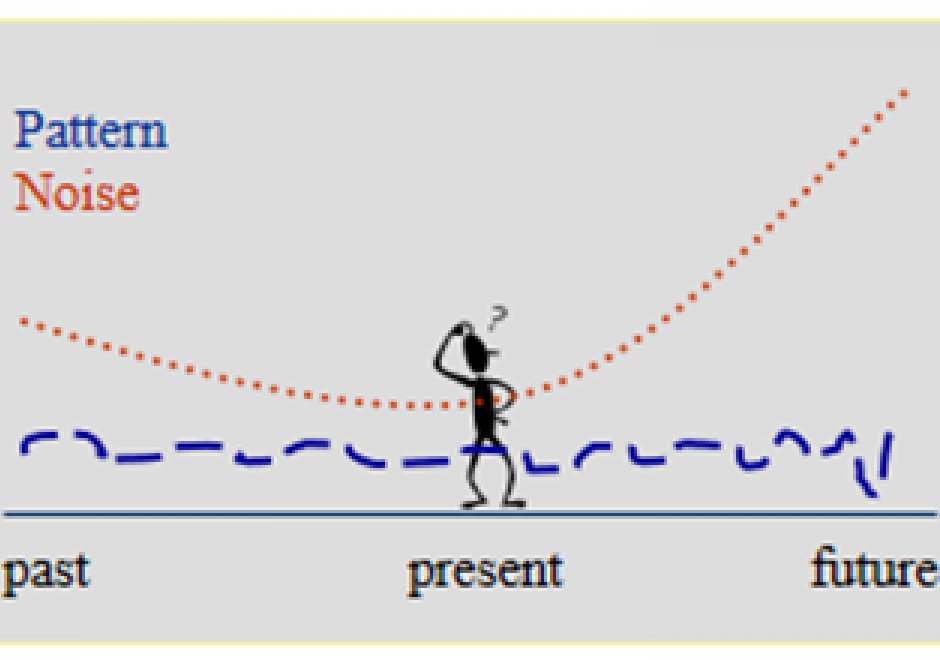
FC-24 - Conceptual Models of Error and Uncertainty
Uncertainty and error are integral parts of science and technology, including GIS&T, as they are of most human endeavors. They are important characteristics of knowledge, which is very seldom perfect. Error and uncertainty both affect our understanding of the present and the past, and our expectations from the future. ‘Uncertainty’ is sometimes used as the umbrella term for a number of related concepts, of which ‘error’ is the most important in GIS and in most other data-intensive fields. Very often, uncertainty is the result of error (or suspected error). As concepts, both uncertainty and error are complex, each having several different versions, interpretations, and kinds of impacts on the quality of GIS products, and on the uses and decisions that users may make on their basis. This section provides an overview of the kinds of uncertainty and common sources of error in GIS&T, the role of a number of additional related concepts in refining our understanding of different forms of imperfect knowledge, the problems of uncertainty and error in the context of decision-making, especially regarding actions with important future consequences, and some standard as well as more exploratory approaches to handling uncertainties about the future. While uncertainty and error are in general undesirable, they may also point to unsuspected aspects of an issue and thus help generate new insights.